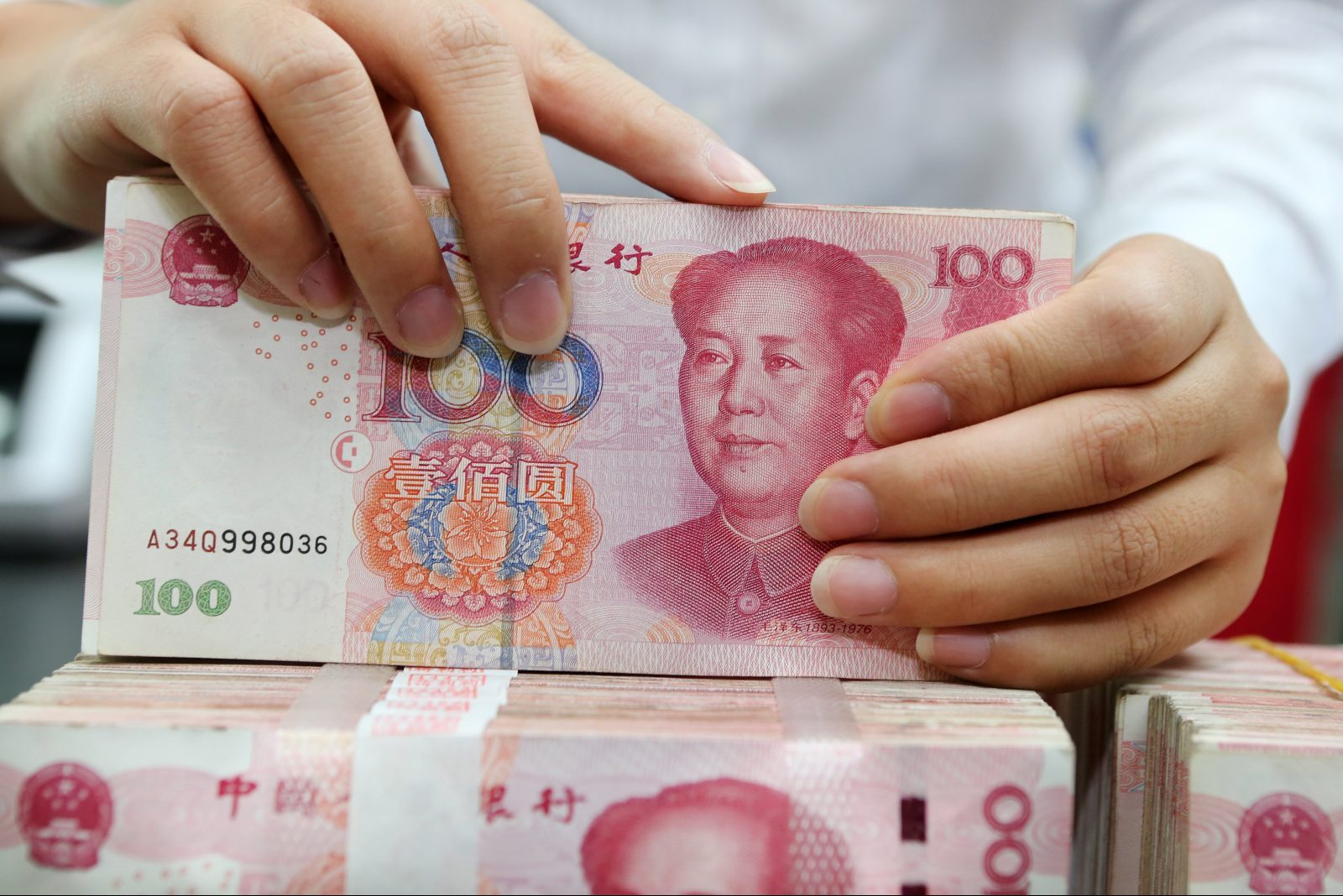(ATF) Corporate bonds worth close to 2.6 trillion yuan ($402 billion) are due within the next two to three months in China, according to S&P Global Ratings – news which has raised fears of more defaults by private and government issuers.
The yuan-dominated corporate debt is due to mature in March and April, S&P said. This has caused caused because cash has become tighter in China’s financial system, amid signs that authorities in Beijing want to scale back stimulus to groups hit by the Covid pandemic last year.
China saw a wave of debt issuance in early 2020 after the coronavirus crisis occurred and companies took advantage of Beijing’s strong response to the pandemic, which allowed firms to raise money at low rates.
“Last year the credit risk of Chinese issuers had been delayed, but not eliminated,” Chang Li, a China country specialist at S&P Global Ratings told Reuters. “The refinancing risk is very big. Even if the funding costs are very high, (issuers) have to accept that.”
China staged a healthy recovery, but market rates have been lifted by unexpected tightening of onshore liquidity conditions, which has led to speculation that the People’s Bank of China (PBOC) may scale back economic support this year.
On Friday, the central bank made a large liquidity injection into the banking system after several days of net drains, slightly easing investor concerns, though money rates remained high.
“Any policy normalisation will have to be gradual due to significant leverage in the system, and uncertainty regarding global growth outlook,” Wai Mei Leong, fixed income portfolio manager at Eastspring Investments, said.
Companies that took advantage of last year’s easy environment are also facing a sceptical market after high-profile defaults in late 2020.
Most notable was a default by Yongcheng Coal and Electricity Holding in November, which caused frenzied selling and a clampdown by regulators.
The default rocked the corporate market and led to a doubling of one-year AA rated corporate paper over nominally safer AAA issues.
Last Thursday, China’s securities regulator said it would “optimise a market-based mechanism” to resolve bond defaults. But officials are still reluctant to create excessive default risks.
“We believe the regulator does not want to destabilise the market but will allow market discipline to enforce credit differentiation,” said Leong.
While systemic risks are likely to be kept in check, large privately owned enterprises may find themselves at a disadvantage to state firms as they seek refinancing, Gary Ng, an economist at Natixis, said.
“Even though there was an improvement in the default rate for POEs in China in 2020, that may not hold this year,” he said.
With reporting by Reuters
























